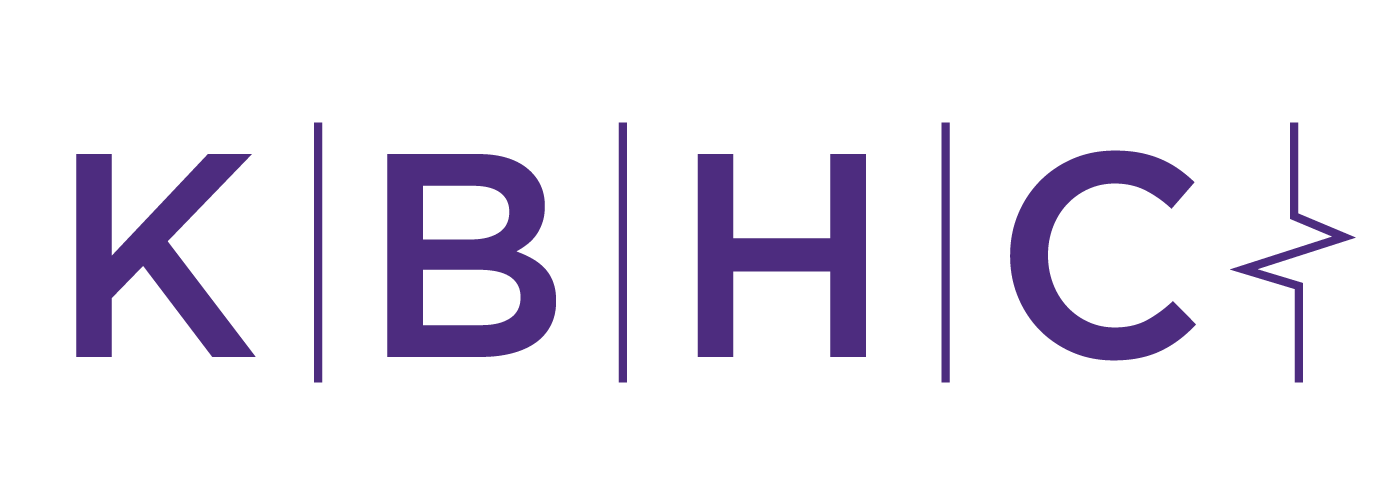Big Tech in Healthcare - Microsoft
By Rakesh Mohanty, Kellogg School of Management ‘22
The COVID-19 has revealed the problems in the Healthcare system in a way that no longer can be ignored. The fragmented nature of health care and public health system, lack of ready access to complete and accurate patient data, outdated medical record tools used by different health organizations and needless paperwork and regulatory burdens are just some of the problems which have made the fight against the pandemic more challenging for our healthcare professionals.
While the pandemic has shaken the very foundation of the Health care industry, it has also accelerated the transformation of the industry and the way healthcare is going to be delivered in the future. Big tech companies have played a major role in this transformation. From launching contact-tracing to working with government organizations to provide cloud infrastructure and AI tools to expedite vaccine development, tech giants like Amazon, Facebook, Google, Apple, and Microsoft have provided several critical supports in the fight against COVID-19 pandemic.
The medical community, traditionally hesitant about any major changes in the way they practice, has now shown great interest in adoption of new technological innovations to provide the best possible care to patients.
One of the biggest players of the Tech industry working to transform the health care industry is Microsoft. To help us understand how Microsoft is revolutionizing the health care industry my colleague, Ansuman Acharya, was more than happy to share the role and vision of Microsoft in digital transformation of this industry. He is presently working as a Senior Product Manager in Microsoft’s Modern Workplace Transformation organization. His team is essentially responsible for building products and features on top of Microsoft Teams and Microsoft 365 to enable clinical collaboration & communication. A key aspect of his team’s focus is Virtual Health, both inpatient and outpatient, and supporting companies with their A/B solutions. Below, he answers some of the questions about Microsoft’s innovation in the healthcare system.
RM: How has Covid-19 influenced Microsoft's strategy in healthcare innovation?
AA: Covid-19 has created an impact in almost every sector of the world, but arguably the highest in the healthcare sector, all over the world and here in North America as well. The pandemic catalyzed the digital transformation movement across the payor, provider, and pharma space. Since the providers are the frontline taskforce that takes care of the ailing, they had the highest need to adopt technology to solve for their needs during the Covid-19 crisis. The key trend that we have seen is the rapid growth of telehealth workflows, and Microsoft 365 and Teams have been key to supporting our customers’ needs in that space. Supercharging our virtual visits’ offering, and focusing our energy and resources in that space was influenced by the changes brought about by the pandemic. Check out how a health system in PA and NJ, St. Luke’s University Health Network (SLUHN) used Microsoft Teams to digitally transform their patient care for the best outcomes here.
RM: How is Microsoft helping health organizations/institutions to implement virtual health?
AA: Microsoft Teams is a collaboration and communication canvas that brings together all the Office 365 workloads together and is the hub of teamwork. Clinical care teams have always needed better collaboration tools, and more so in this pandemic due to the physical restrictions brought about by the air space restrictions of the pandemic. The virtual visits capabilities in Teams help health systems implement both inpatient and outpatient telemedicine by providing support for rounding, multi-disciplinary team meetings, nurse handovers, patient care coordination and more. Not only that, but Microsoft Team’s extensibility platform also supports a slew of Health Tech ISVs that can bring their capabilities into the canvas of Microsoft Teams. A great example of that would be Andor Health which is an ISV bringing their E2E clinical workflows into Teams as an app. With Microsoft Teams, providers have a HIPAA compliant, global-scale A/V meetings platform that is tailored to cater to virtual health visits. For healthcare customers that want to build their own telehealth solutions, Microsoft also provides building blocks based on the Azure communications services platform.
RM: Please tell us more about AR/VR solutions of Microsoft for healthcare sector and its potential applications.
AA: Microsoft HoloLens has long been touted as the gold standard in augmented reality and it’s already helping several clinicians deliver better patient care. Take Medivis, the surgical visualization company that partners with Microsoft to deliver computer assisted surgery. By holographically overlaying the appropriate patient data at the point of care, HoloLens and Medivis helps reduce procedure times, complication rates and radiation exposure. Computer-assisted remote surgery is no longer a dream, it is a reality. Another application of AR/VR is to help doctors explain the procedures to patients by using interactive 3D imagery to better allay their concerns. You can learn more about Microsoft HoloLens and its role in transforming the healthcare industry here.
RM: Can you tell us more about "Microsoft Cloud for Healthcare" and how it is going to revolutionize the healthcare sector?
AA: Certainly, I would love to speak about Microsoft’s cloud platform for healthcare. The MC4HC is created to provide one unified SaaS cloud that can meet needs of all our providers. The three main pillars are:
1. Empowering care to collaborate & communicate so they can provide the best patient care.
2. Enhancing patient engagement with the health system through a series of capabilities that simplify routine tasks for better patient satisfaction and transparency.
3. Improve clinical and operational data insights by bringing together data from several disparate data sources into a compliant store for longitudinal health records, and then running sophisticated ML models.
Foundational to the Microsoft Cloud for Healthcare is the commitment to health data interoperability & safety of PHI (personal health information). We believe that this cloud will be the one stop shop that fulfills the digital transformation needs of health systems worldwide and helps them create the best patient outcomes.
ABOUT THE AUTHOR
Rakesh Mohanty is a current MBA student in Northwestern Kellogg’s Evening & Weekend MBA Program. Rakesh works full-time at one of the leading automotive companies in the United States, Cummins Inc, as a Product Manager. He works with Engineering teams across China, Europe, North-America and India to deliver critical projects for NA and European clients. He has a keen interest in healthcare management and plans to launch his own startup, which will provide low-cost, early-stage diagnostics to economically disadvantaged populations.

